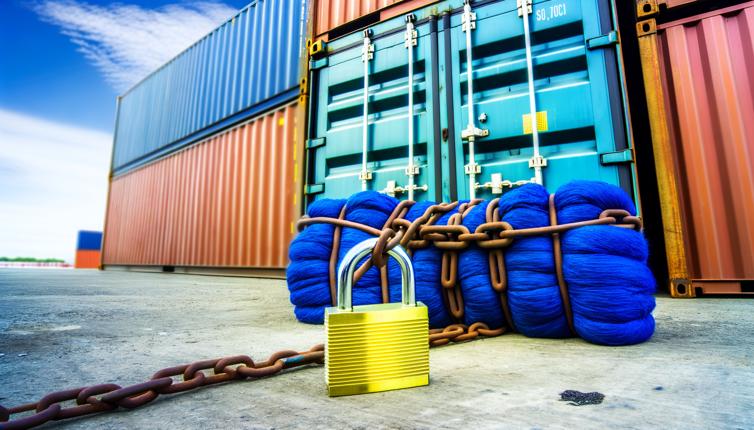Understanding Your Shipping Needs
Before you start looking for a freight forwarder, it is essential to understand your shipping needs. Consider factors such as the type of goods you will be shipping, their value, and any specific requirements or regulations that may apply to your industry or destination country.,Determining your shipping needs will help you narrow down your search and find a freight forwarder with expertise in handling similar shipments. They will have a better understanding of the specific challenges and requirements involved, ensuring a smoother and more efficient shipping process.
Researching Freight Forwarders
Once you have a clear idea of your shipping needs, start researching freight forwarders. Look for companies that have experience in your industry or the specific type of goods you will be shipping. Consider their track record, reputation, and the range of services they offer.,Online directories, industry associations, and recommendations from other businesses can be valuable resources for finding reputable freight forwarders. Make a list of potential candidates and research each one thoroughly, paying attention to their expertise, capabilities, and customer reviews.
Evaluating Their Services
When evaluating freight forwarders, it is crucial to assess the range and quality of services they offer. Consider whether they can handle all aspects of the shipping process, including customs clearance, documentation, insurance, and warehousing.,Additionally, inquire about their network of partners and agents in the destination country. A well-established network will ensure smooth connections and efficient handling of your shipments at every stage of the journey.,Ask for references from their existing clients and inquire about their experiences working with the freight forwarder. This will give you valuable insights into their reliability, communication skills, and ability to handle complex shipments.
Comparing Rates and Quotes
While cost should not be the sole determining factor, it is essential to compare rates and quotes from different freight forwarders. Beware of extremely low prices, as they may indicate subpar service or hidden fees.,Instead, focus on finding a balance between cost and quality of service. Consider the value that the freight forwarder can bring to your business in terms of reliability, efficiency, and expertise. Request detailed quotes that include all relevant charges and discuss any additional fees or surcharges upfront to avoid unexpected expenses down the line.
Checking Licensing and Certifications
Before finalizing your decision, it is crucial to check the licensing and certifications of the freight forwarder. Ensure that they are registered with the appropriate regulatory bodies and hold the necessary licenses to operate in your country and the destination country.,Certifications such as the International Air Transport Association (IATA) and the Customs-Trade Partnership Against Terrorism (C-TPAT) can provide assurance of a freight forwarder's professionalism and commitment to industry standards. Verifying their credentials will give you peace of mind knowing that your shipments are in safe hands.
Conclusion
Choosing the right freight forwarder is a critical step in ensuring a smooth and efficient shipping process. By understanding your shipping needs, conducting thorough research, evaluating services, comparing rates, and checking licensing and certifications, you can make an informed decision and partner with a freight forwarder that meets your requirements. This will not only streamline your logistics operations but also contribute to the success of your business.









